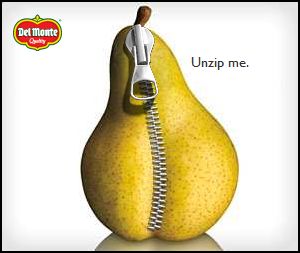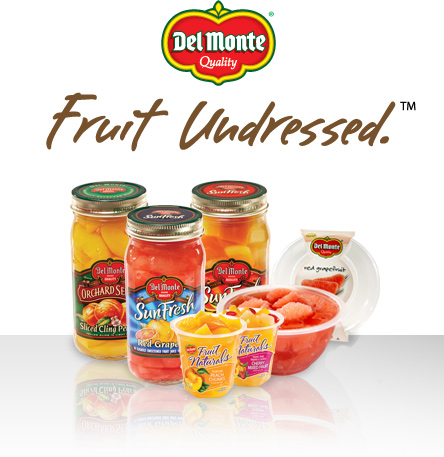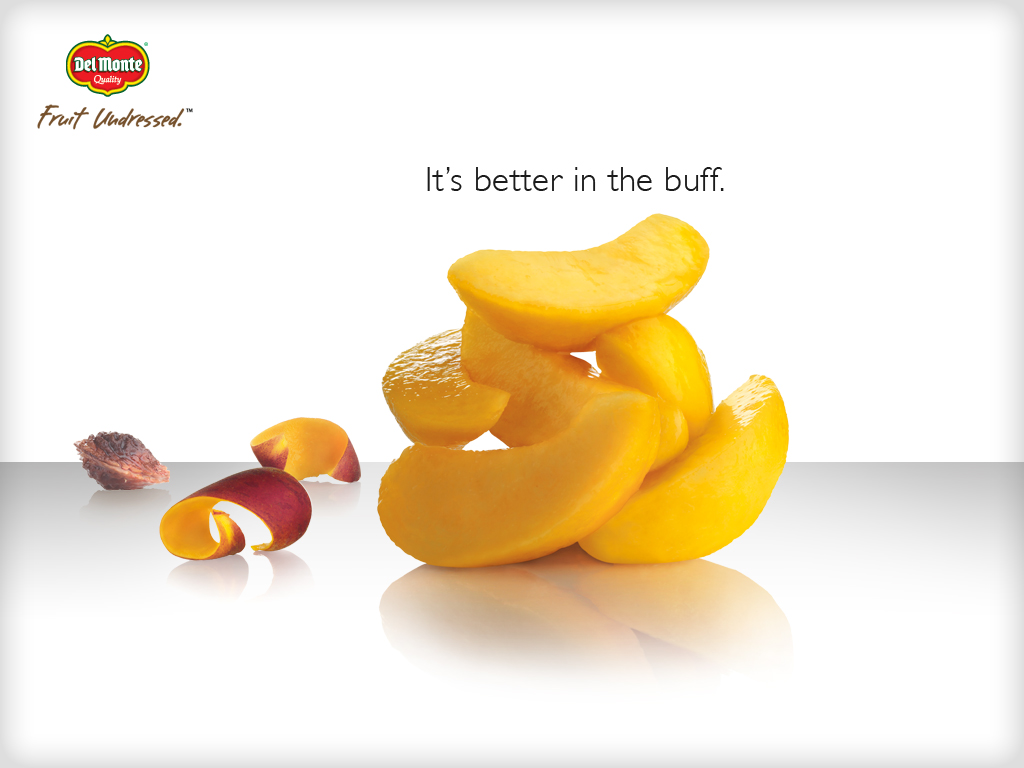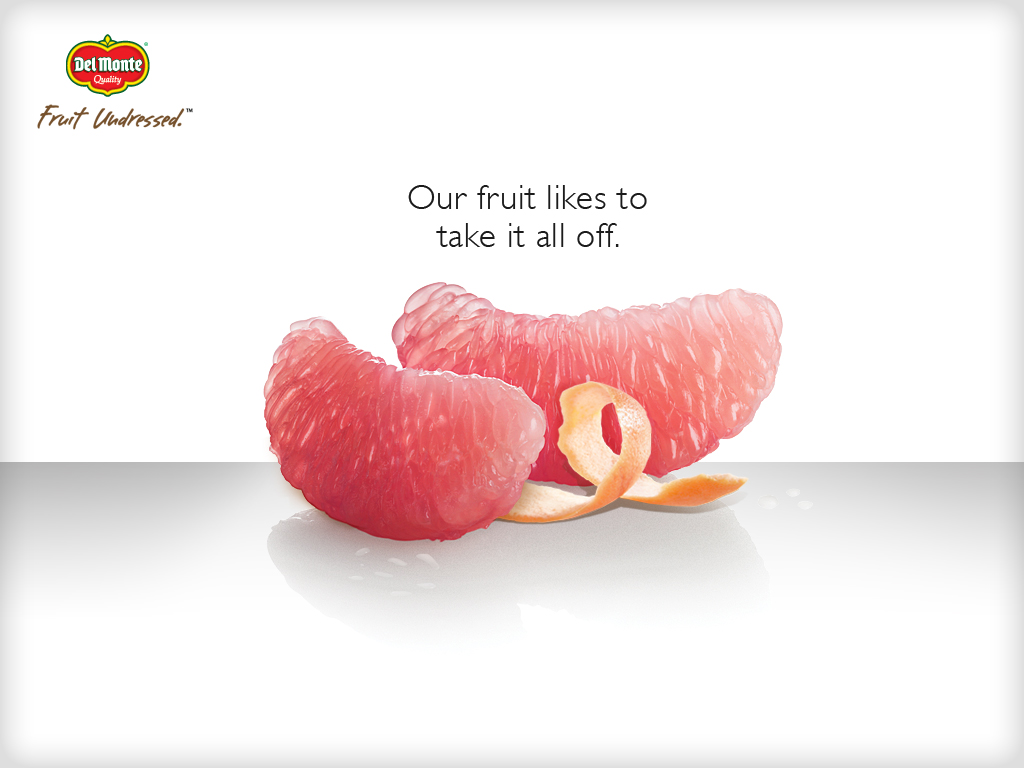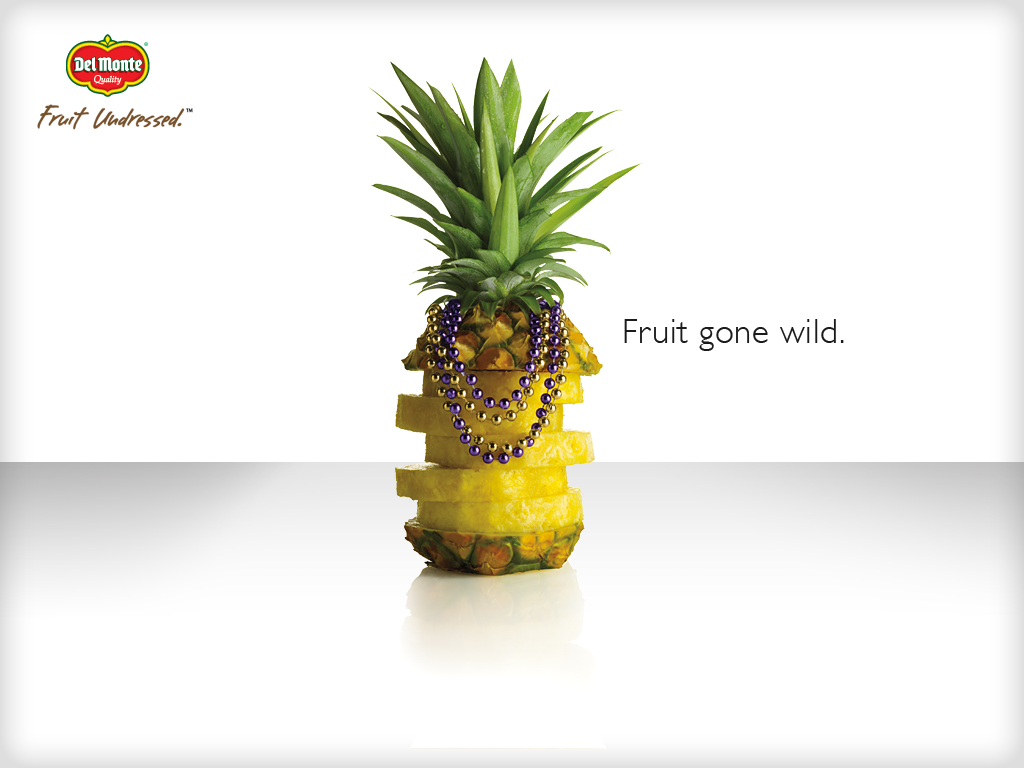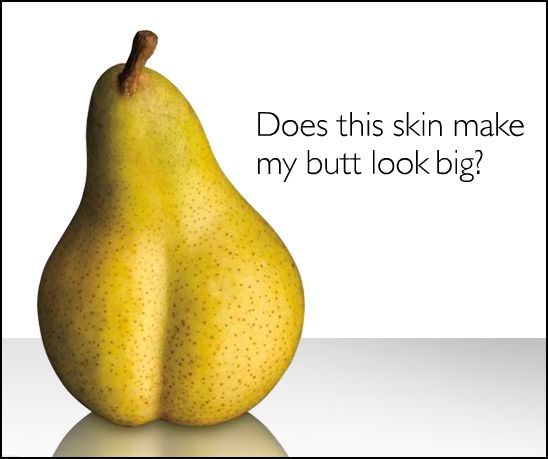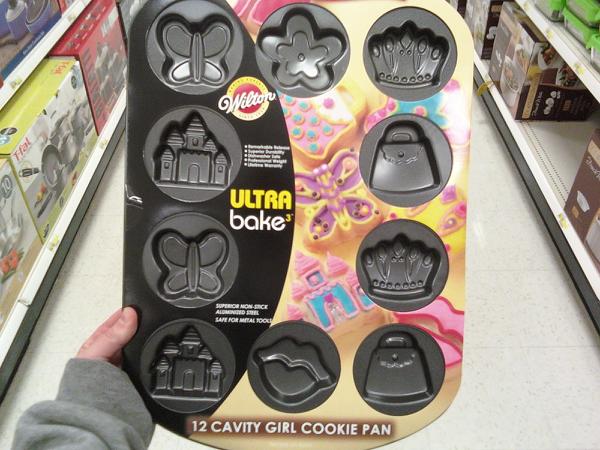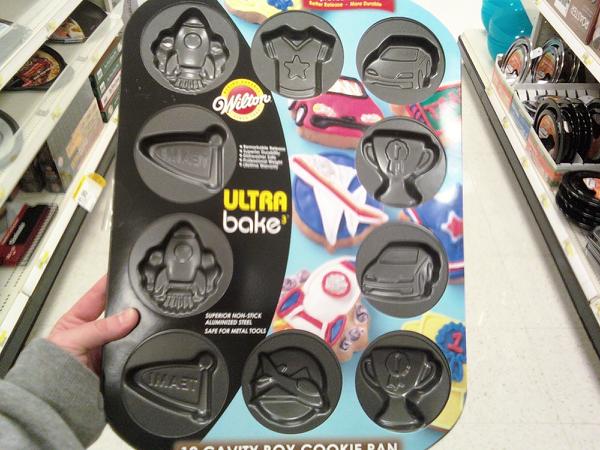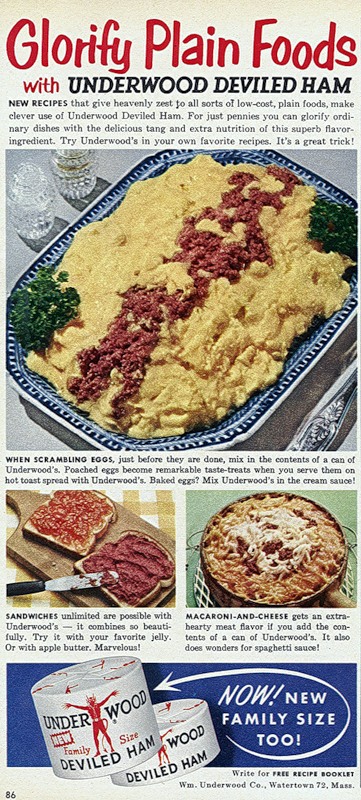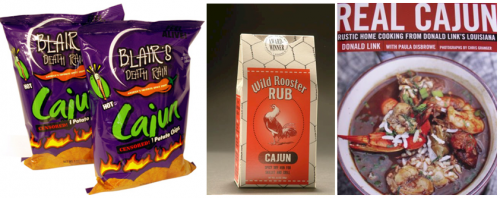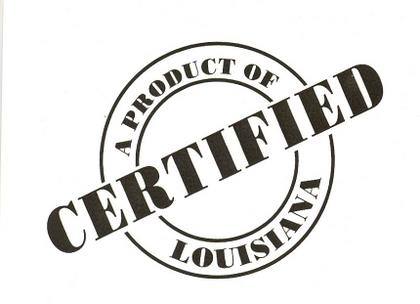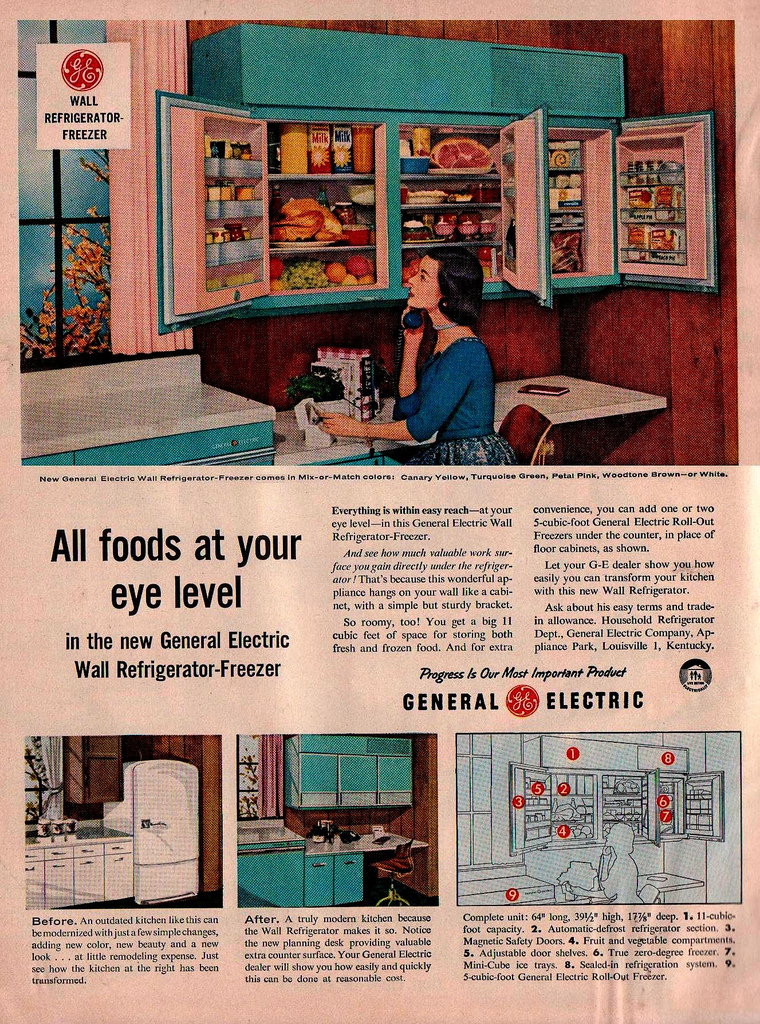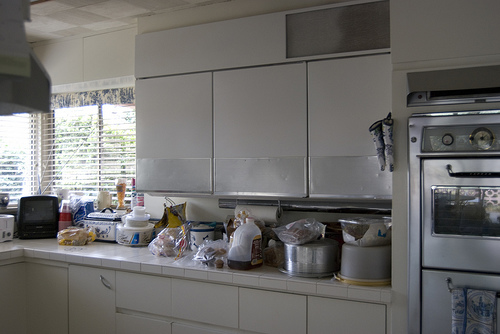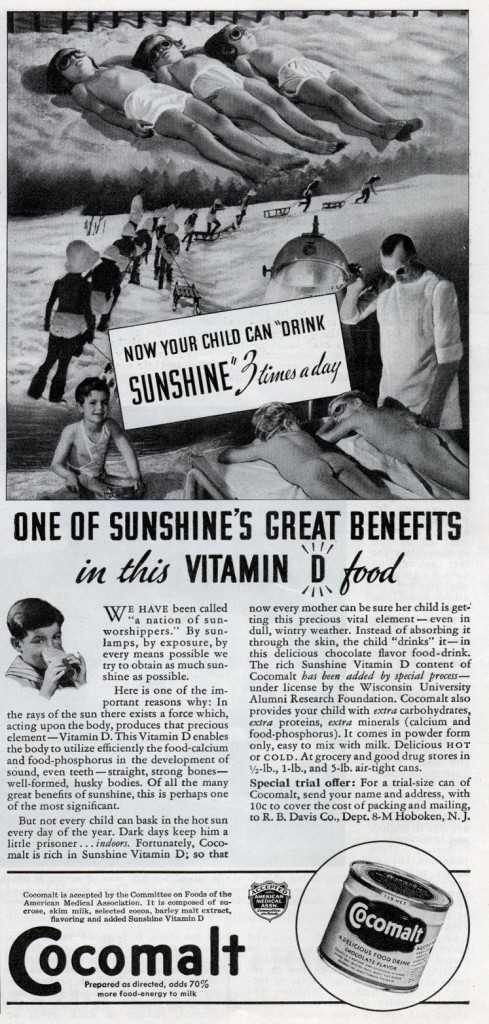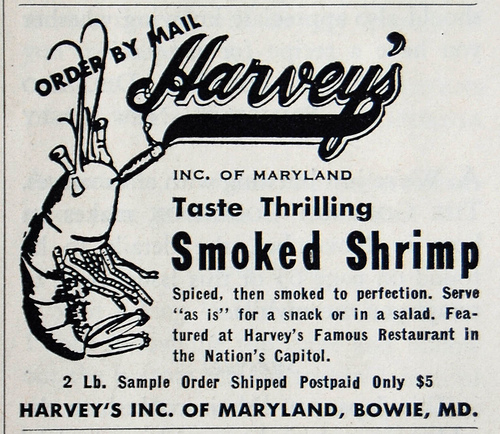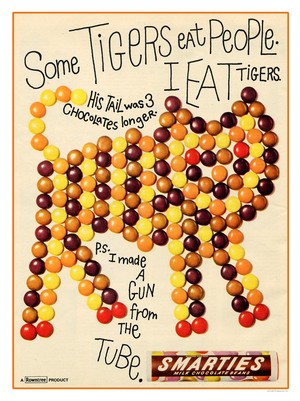
Dmitriy T.M. sent in this video about the production and marketing of bottled water. It’s a little over-the-top at the beginning, but it brings up a lot of really interesting issues surrounding the selling of a product that is, in the U.S., available to the vast majority of people at a much cheaper price in their kitchen. And yes, I know, some people’s water tastes terrible, etc. etc. The point, in general, still stands that we are spending a lot of money and resources carting water around, and I find the advertising for bottled water fascinating.
Also see The Story of Stuff.

